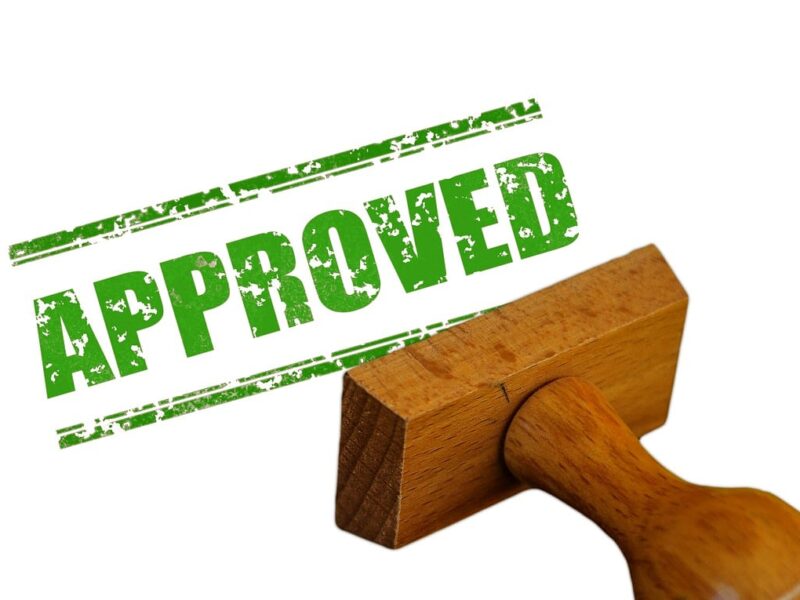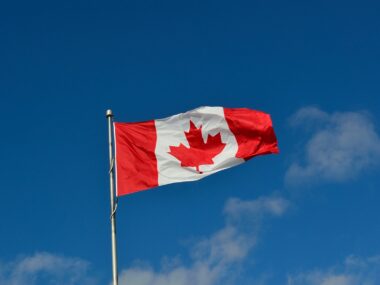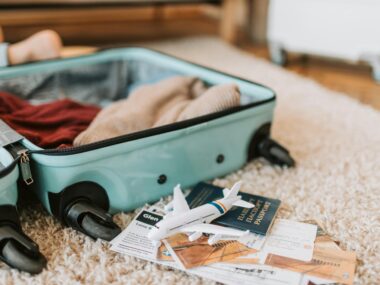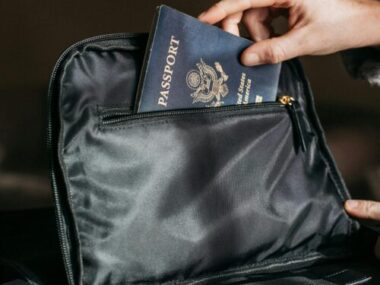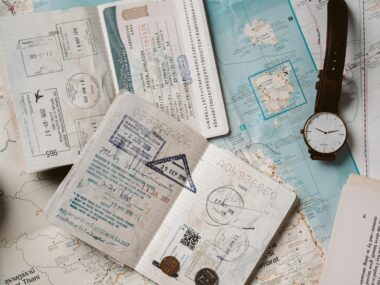To many people, the United States of America is a dream to visit for one reason or another, whether for tourism, business, studies or to see family.
The U.S. travel visa application process is, however, really daunting, with denial hanging on many an applicant’s head. Visa denial is depressing and a waste of time and money.
The good news, however, is that you have a better likelihood of getting your application approved once you are well-prepared and informed about the application process.
Understanding the Process of the U.S. Travel Visa Application
Before going into the strategies to avoid visa rejection, it is important to understand the basics of the U.S. visa application process. The U.S. Department of State issues different types of visas, such as tourist visas (B-2), business visas (B-1), and student visas (F-1).
Though the requirements may differ for each type of visa, the general process involves:
- Fill out the DS-160 form, which is an online application for a non-immigrant visa.
- Paying the fee for the application for an immigrant visa.
- Scheduling and attending a visa interview at a U.S. Embassy or Consulate
The visa officer weighs your application in light of various factors like the purpose of travel, financial stability, ties to your home country, and overall credibility. Let us look at how you can put these factors across so you do not get rejected.
How to Avoid USA Travel Visa Rejection
1. Complete and Accurate Documentation
Some visa denials are based on incomplete or incorrect documentation. Ensure that all forms are correctly filled out with required supporting documentation, such as:
- A valid passport.
- Proof of financial stability via bank statements, pay slips, or sponsorship letters.
- Travel itinerary and accommodation details.
- Proof of ties to your home country: (employment letters, property ownership, or family ties).
Check your DS-160 form for errors before submission. Any discrepancies between your application and the supporting documents will raise suspicion.
2. Demonstrate Strong Ties to Your Home Country
Visa officers need to be satisfied you will return to your home country once you visit the U.S. This forms one of the most vital factors in the decision-making process. To demonstrate strong ties, provide evidence such as:
- A regular source of employment with a letter from your employer indicating your position in the company, salary, and leave approved.
- House ownership or lease.
- Family dependents: spouse, children, or parents reliant on you.
- School or business commitments.
The stronger your ties to your home country, the lower the perceived risk of overstaying your visa.
3. Show Proof of Financial Stability
The U.S. government wants to be sure you can support yourself financially while you are here. Document your financial capability to support yourself, such as:
- Recent bank statements show adequate funds.
- Pay slips or tax returns.
- Sponsorship letters if another person is sponsoring your trip.
If your trip is dependent on a sponsor, have them write you a detailed letter stating their relationship to you and commitment to your expenses.
4. Be Honest and Transparent During the Travel Visa Interview
The travel visa interview is one of the most important steps. Visa officers are trained to find out inconsistencies or deceit. To avoid getting your travel visa rejected to the USA, here are a few tips:
- Answer only the questions being asked and do so honestly.
- Never volunteer any information that is not asked, as this may make your situation even more complicated than it needs to be.
- Anticipate questions such as places you will visit, and the purpose of visiting.
Be ready to answer some of the most common interview questions including the following:
- Why are you coming to the U.S.?
- How long will you be staying?
- What do you do?
- Do you have any family or friends in the U.S.?
5. Avoid Common Red Flags
There are many reasons a visa application may be suspected of fraud and ultimately denied by the officer. Here are some of those, among others:
- History of Rejections: If a person has been denied a visa to the U.S., one must give valid reasons for those denials.
- Any Convictions: Provide your criminal history with relevant documents supporting it.
- Overstaying in other Countries: A history of overstaying visas in other countries can negatively impact your application.
- Inconsistent Travel History: If you’ve never traveled abroad before, be prepared to explain why this trip is important.
6. Take Professional Help If Required
If one is unclear about any aspect of the whole visa application process, it will be better to consult with an immigration attorney or a visa consultant. They will help with making a strong application and will prepare them for the interview as well.
Frequently Asked Questions on U.S. Travel Visa Rejection
Q1: What are common reasons for the rejection of the U.S. visa?
A: The common reasons include not being able to prove adequate finances, weak ties to the home country, incomplete documentation, and discrepancies in the application or interview.
Q2: Can I reapply in case of travel visa rejection?
A: Yes, you can. However, consider the reason for the rejection and provide more supporting documents.
Q3: How much time will it take to get the U.S. visa?
A: That depends on the type and the U.S. Embassy or Consulate. This may take a couple of days or even weeks.
Q4: Does a travel visa guarantee entry into the U.S.?
A: No, a travel visa merely permits one to travel to a port of entry in the United States. The ultimate decision for entry is with Customs and Border Protection officers.
Q5: Can I appeal a travel visa rejection?
A: Most visa decisions cannot be appealed. You can reapply with a stronger application.
Most Important Travel Documents for your USA Trip
Conclusion
Although getting a travel visa to the U.S. is not easy, you can get ready for it, and you’re sure to keep off rejections of your travel visa to the USA. You should always focus on supplying correct documentation, showing strong home ties, and credibly presenting yourself.
By taking into consideration a few tips and insight into the process, your application will most likely be successful, thus you’ll be on another step toward your dream journey to the United States.
